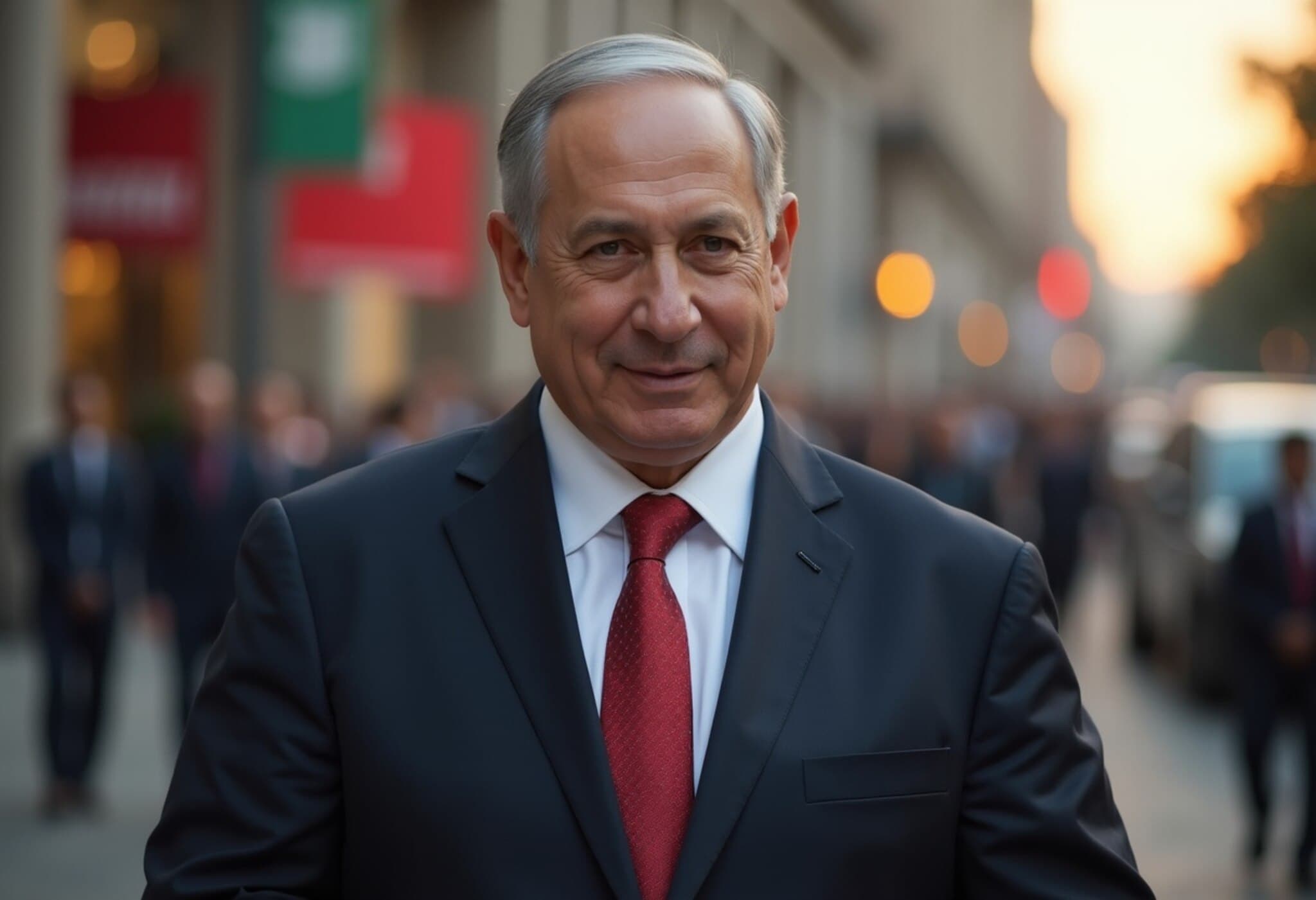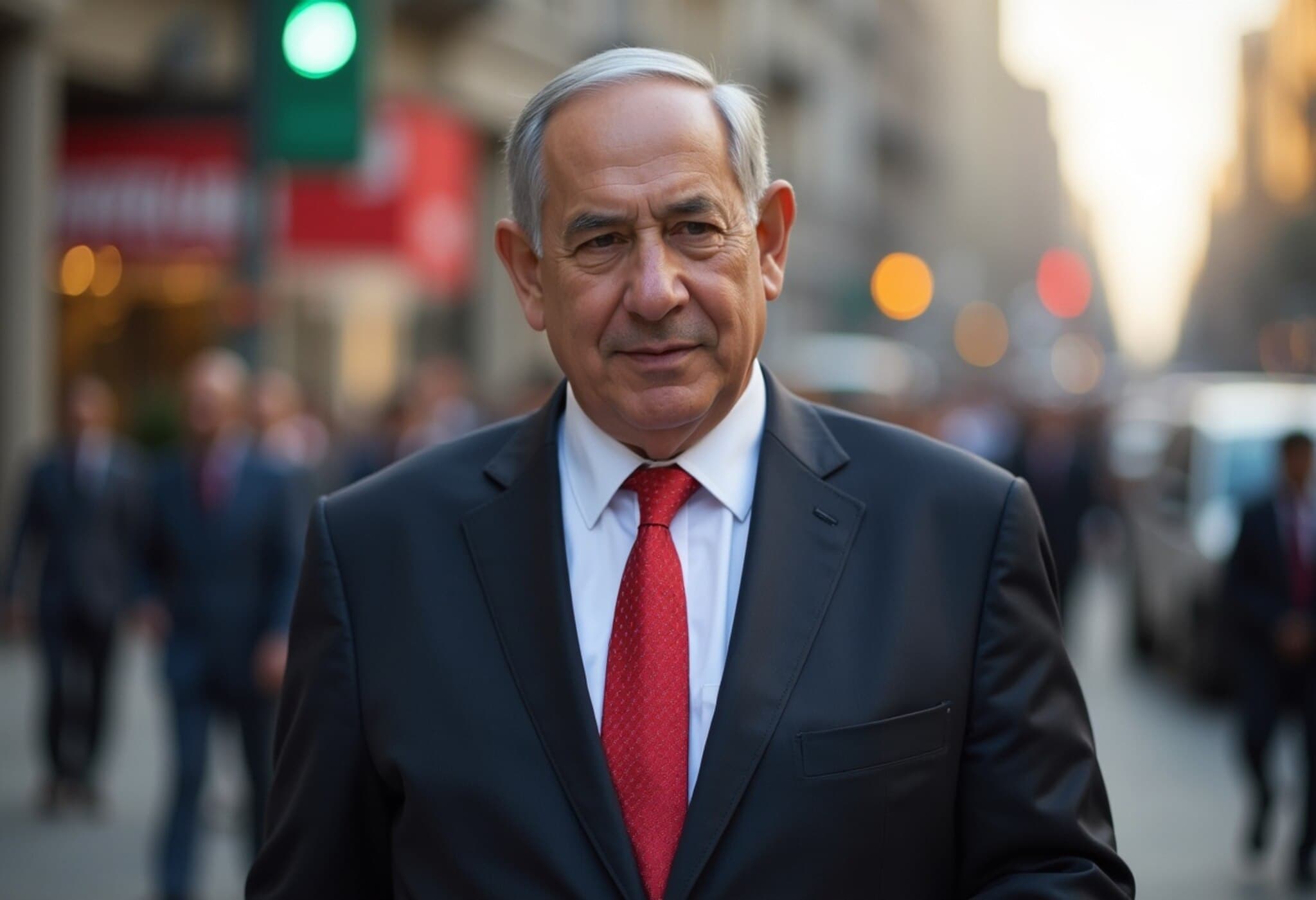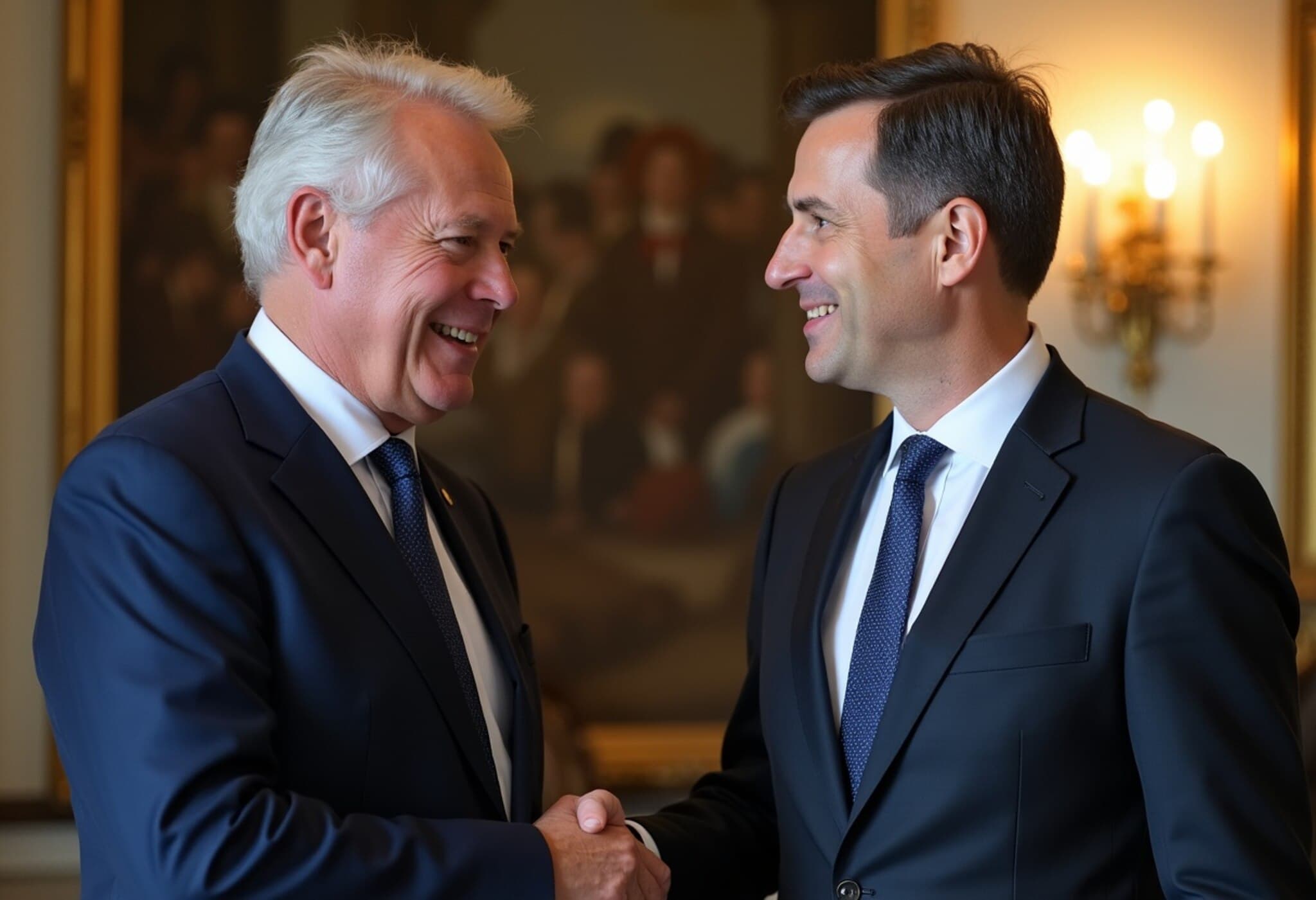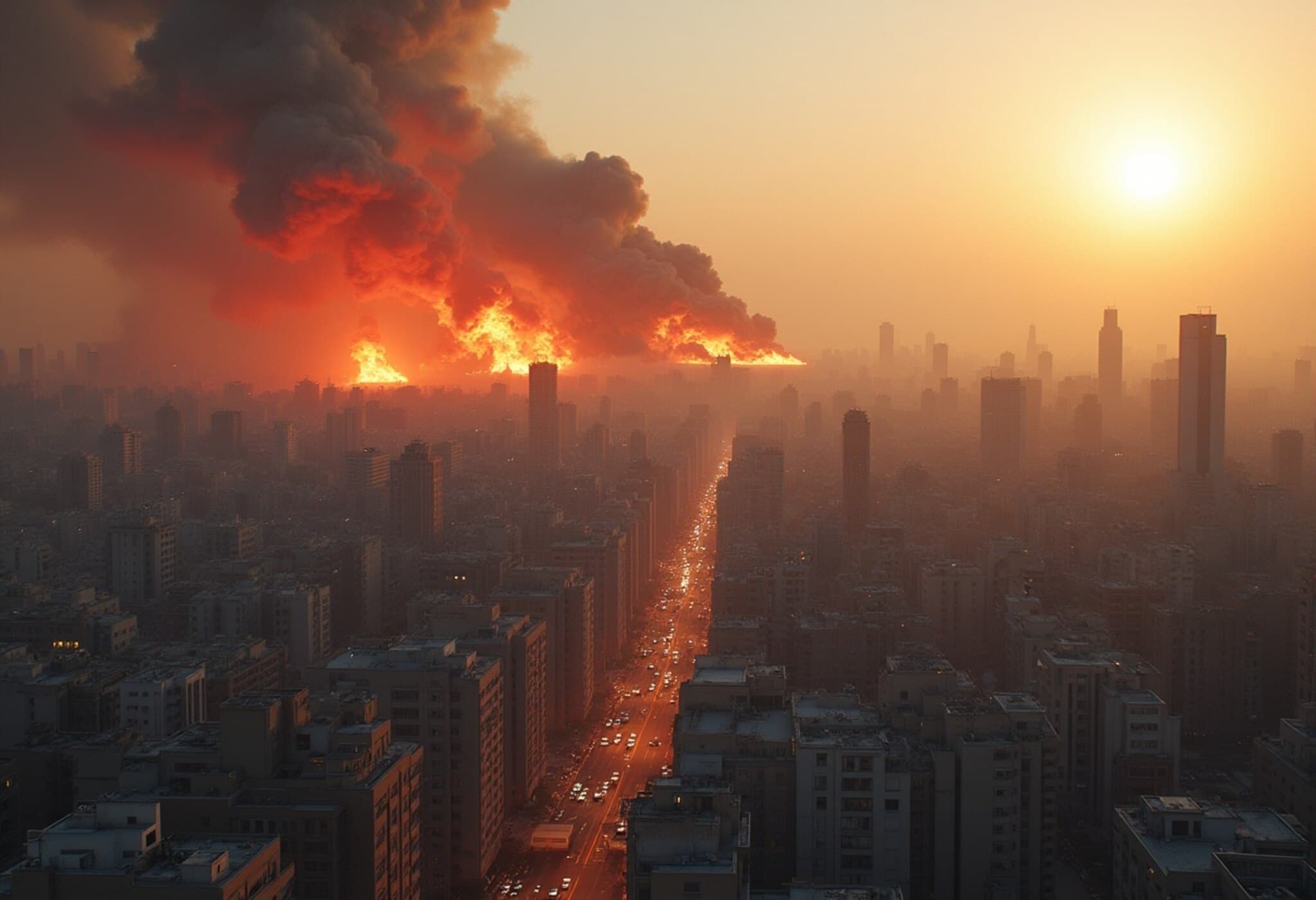New Zealand’s PM Christopher Luxon Criticizes Israel’s Gaza Offensive
In a striking and rare public rebuke, New Zealand Prime Minister Christopher Luxon condemned the recent Israeli military operations in Gaza, describing Prime Minister Benjamin Netanyahu as having ‘lost the plot’. Speaking on August 13, 2025, Luxon expressed profound dismay over the severity of the attacks on Gaza City, labeling them as ‘utterly unacceptable’ and pointing to the humanitarian fallout as deeply disturbing.
Context: New Zealand’s Deliberation on Palestinian Recognition
Luxon’s comments come amidst New Zealand’s internal debate on whether to officially recognize a Palestinian state. Echoing a broader trend among Western allies, Prime Minister Luxon highlighted the growing concern over the Gaza crisis, which has captured global attention due to escalating civilian suffering.
This week, Australia announced its support for Palestinian recognition at an upcoming UN conference, joining countries like Canada, the UK, and France. New Zealand’s cautious approach reflects the diplomatic tightrope many nations face between upholding international law and managing complex alliances.
Humanitarian Crisis Deepens Amidst Political Tensions
The humanitarian situation in Gaza is deteriorating rapidly. A coalition of Western governments, including Britain, Canada, and Australia, condemned Israel’s restrictions on aid flowing into Gaza, urging unrestricted humanitarian access to the beleaguered population.
Israel, for its part, denies responsibility for the worsening conditions, accusing Hamas of redirecting humanitarian shipments — an allegation Hamas firmly rejects. This blame game complicates efforts to deliver critical aid and raises urgent questions about accountability and civilian protection.
Domestic Fallout: New Zealand’s Political Arena Reflects Global Divisions
The intensity of the crisis spills into New Zealand’s political landscape as well. Protesters outside Parliament amplified calls for recognizing Palestine by banging pots and pans and urging lawmakers to show courage.
Inside Parliament, tensions escalated when Green Party MP Chlöe Swarbrick was ejected twice for refusing to apologize after accusing government members of spinelessness over their reluctance to sanction Israel over alleged war crimes. House Speaker Gerry Brownlee condemned her remarks as unparliamentary, reflecting the fraught atmosphere surrounding the issue.
Expert Insight: The Global Ripple Effects of Local Leadership
New Zealand’s Prime Minister Luxon’s blunt critique of Netanyahu signals a broader shift where smaller states are becoming increasingly vocal on Middle East issues—a domain traditionally dominated by major powers. This populist-driven pressure not only influences international diplomacy but underscores the urgency of addressing humanitarian crises with impartiality.
From a US policy perspective, such developments remind Washington of the growing expectations for American leadership or recalibration in brokering peace and aid delivery mechanisms that respect human rights and sovereignty.
Conclusion: A Call for Balanced Action Amid Complex Realities
Prime Minister Luxon’s remarks, though stark, spotlight key dilemmas faced by the global community: balancing strategic alliances with moral responsibility, navigating diplomatic recognition of contested territories, and ensuring humanitarian access in conflict zones.
As New Zealand contemplates recognizing Palestine, the country joins a chorus urging a more nuanced and humane approach to one of the world’s most enduring conflicts. This evolving stance could influence other middle powers and shape future UN deliberations.
Editor’s Note
New Zealand’s candid criticism of Israel’s leadership marks a significant moment in international discourse on Gaza. It raises critical questions for readers: How do nations balance geopolitical alliances with human rights advocacy? What role should middle powers play in conflict resolution? And, importantly, how can global actors ensure that civilians in Gaza receive the urgent aid they desperately need? These questions invite a deeper reflection on the responsibilities of state leadership amid conflicts with far-reaching global implications.



















